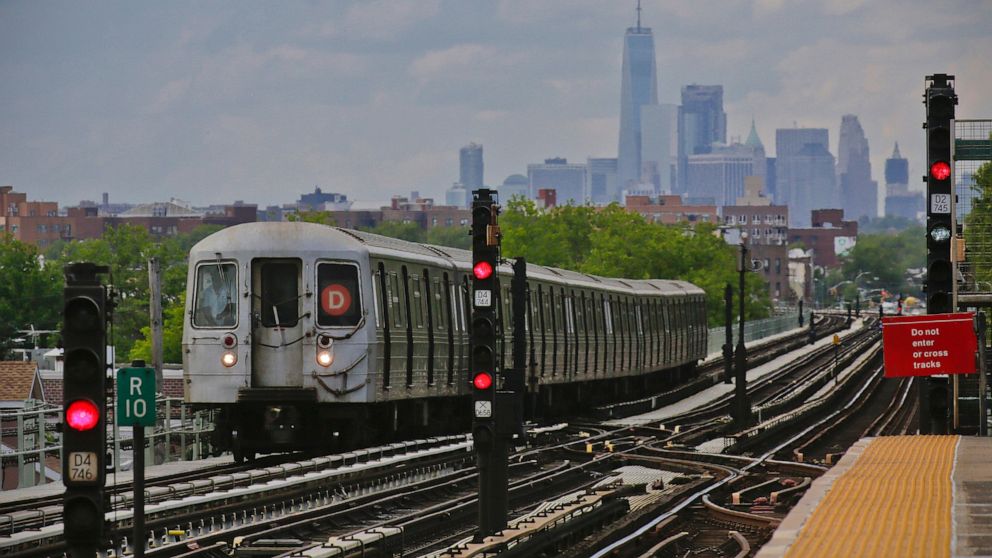NEW YORK — Shortly after midnight Thursday, several New York City subway trains slowed to a crawl as emergency crews tended to a person discovered on the tracks in Manhattan.
The delays were flagged for the Metropolitan Transportation Authority’s rail control center, where a customer service agent typed up a straightforward warning for early-morning riders to consider alternate routes.
But while the message was quickly posted to the MTA’s website and app, the alert never made it to the subway system’s Twitter account, with its 1 million followers. The agency’s access to the platform’s back-end, officials soon learned, had been suspended by Twitter without warning.
It was the second such breakdown in two weeks and the reaction inside the MTA was swift. By Thursday afternoon, senior executives agreed to cease publishing service alerts to the platform altogether.
The decision put the country’s largest transportation network among a growing number of accounts, from National Public Radio to Elton John, who have reduced their Twitter presence or left the platform since its takeover by Elon Musk.
It also caught riders, and some in the MTA, off guard, even as at least one other transit agency considered following suit.
“The train schedule is always messed up. It’s convenient to have the answers all in one place,” lamented Brandon Gubitosa, a Queens resident, who said he checked for service alerts on the MTA’s Twitter feed before leaving for his commute each morning. “There should be some responsibility for Twitter to make sure this service doesn’t disappear.”
For its part, Twitter has signaled that the days of private accounts disseminating troves of information at no cost may be ending. Last month, the company announced a new pricing system that would charge for access to its application programming interface, or API, which is used by accounts that post frequent alerts, such as transit and weather agencies.
MTA officials estimated the cost could run as high as $50,000 a month. For a transit agency that faces a multibillion dollar deficit, paying that much raised concerns.
“The amount that is being posed is astronomical,” said Shanifah Rieara, the MTA’s acting chief customer officer. “We are all about bringing ridership back. We should not be paying to communicate service alerts to our customers.”
Those that don’t agree to pay, Twitter warned, will begin to see their service “deprecate,” a process that some agencies say is already…
Click Here to Read the Full Original Article at ABC News: Business…

